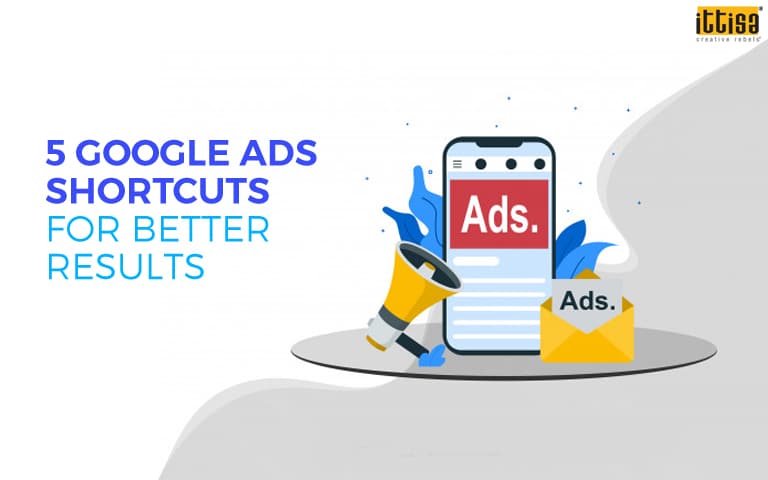August 27, 2019
The Best Search Engine Marketing Strategies Explained
Internet users conduct millions of searches on search engines like Google, Yahoo, etc on a daily basis. Every time a brand ranks on a results page, there is a chance to grow as some of these searches are new opportunities for potential customers to find a brand’s website.
The higher a brand’s website ranks in search results, the higher are the chances that potential consumers will click on their website. And eventually, these clicks may turn into leads thereby generating revenue.
Google’s algorithm ranking is based on how helpful a website is to specific search queries, how user-friendly a website is and similar other variables. So if brands want to maximize their search engine visibility, they need to focus on these factors.
One of the most effective ways to grow a business online and promote products and services is through Search Engine Marketing or SEO. Search Engine Marketing strategies are focused on optimising a brand’s visibility on search engines which in turn increases traffic to the website and generates revenue.
Some important strategies for SEM are:
1. Pay-Per-Click (PPC)
Pay-per-click or PPC advertising is an important Search Engine Marketing strategy that allows a brand to gain visibility on search engines like Google, Yahoo, Bing etc. PPC focuses on promoting a brand’s website through paid ads which are based on targeting keywords. PPC ads work on a bidding system. A brand has to select a target keyword that it wants to display for and then decide how much it is willing to pay every time someone clicks on that ad. When a brand wins the auction for any given keyword, its ad will show up in search results when someone searches for that target keyword. There are 2 important channels for running PPC ads: Google Adwords: Adwords uses text ads that are displayed when people search for keywords that are related to a particular brand or product. This helps a brand market its products on Google’s search engine. The advantage of using Google Adwords is that a brand can bid on a series of phrases or keywords they want but only have to pay when someone clicks on their PPC ads. Here are some of the benefits of using AdWords:- A brand can reach a large number of users through Google Adwords. This provides a number of opportunities for the growth of a brand or business.
- A brand can have full control over their ad. They can decide where and when it should be displayed and how much they will pay per click.
- Budgets are not an issue while opting for Adwords. Brands can work with any selective budget.
- By using Adwords brands can directly reach their target customers if they have successfully chosen the right set of keywords.



